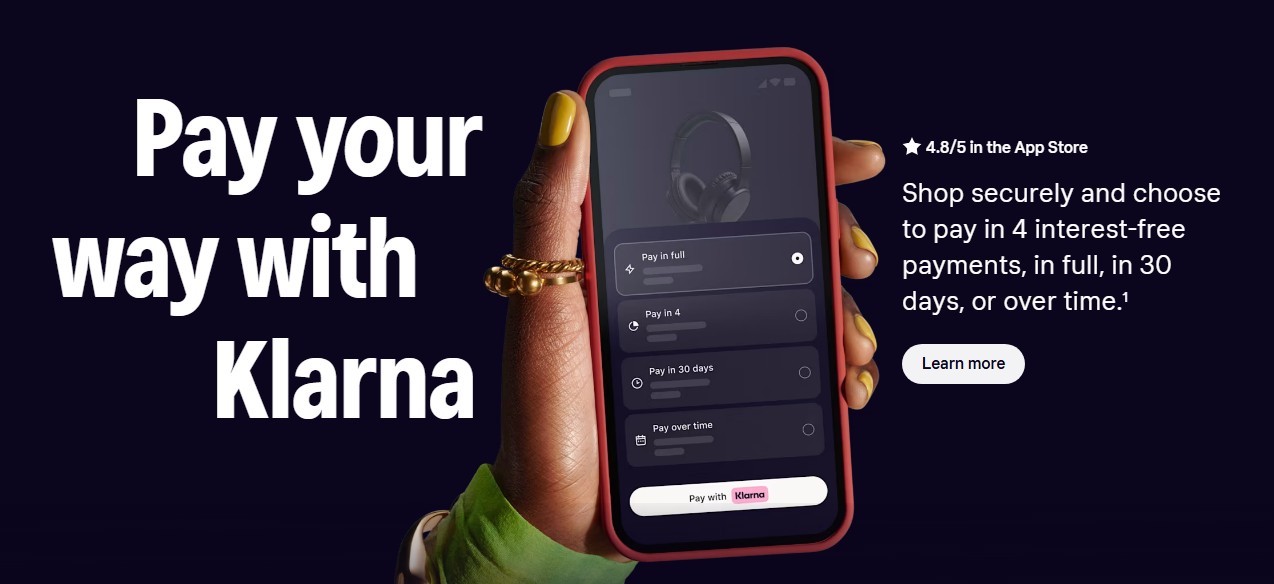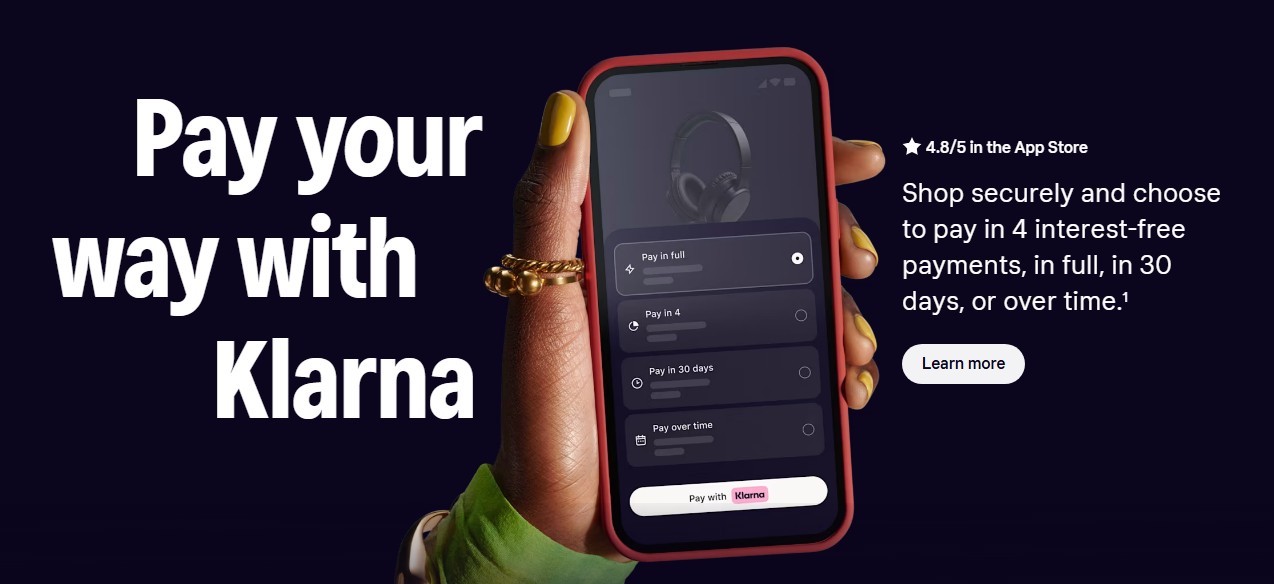Klarna IPO Set for Wednesday With $15 Billion Valuation, What You Need to Know About the BNPL Provider
Klarna is ready to start trading on the NYSE this Wednesday under the ticker “KLAR,” as the BNPL provider raised $1.37 billion in its U.S. initial public offering, with a valuation of about $15.1 bill
 Klarna is ready to start trading on the NYSE this Wednesday under the ticker “KLAR,” as the BNPL provider raised $1.37 billion in its U.S. initial public offering, with a valuation of about $15.1 billion. That marks a sharp drop from its Covid-era peak but begins a new chapter for the fintech’s trajectory, following in Affirm’s footsteps.
Klarna is ready to start trading on the NYSE this Wednesday under the ticker “KLAR,” as the BNPL provider raised $1.37 billion in its U.S. initial public offering, with a valuation of about $15.1 billion. That marks a sharp drop from its Covid-era peak but begins a new chapter for the fintech’s trajectory, following in Affirm’s footsteps.
The Swedish Buy-Now-Pay-Later company and existing investors sold 34.3 million shares at $40 each, above the targeted range of $35 to $37. The IPO gives Klarna a total valuation of $15.1 billion, based on its 378 million outstanding shares—a significant decline from the more than $45 billion valuation it reached in 2021 during the surge in e-commerce demand.
Still, demand for the IPO is hot. The offering was oversubscribed by 25 times, according to a person familiar with the matter who asked not to be identified.

Klarna offers consumers multiple payment options on a purchase-by-purchase basis: paying in full immediately, delaying payment up to 30 days, splitting into interest-free installments, or extending repayment over six to 24 months with interest. Unlike credit cards, which consolidate spending into a single bill, Klarna provides flexibility and transparency, putting it in the same league as Affirm while maintaining a unique edge.
The company’s reach is broad, with more than 790,000 merchants and roughly 111 million active customers as of Q2 2025. GMV reached $105 billion in 2024, up 14% year-over-year, and $31.2 billion in Q2 2025 alone, up 19%.
However, the company is not profitable, as the BNPL provider continues its aggressive U.S. expansion. Klarna reported $1.5 billion in revenue in the first half of 2025, up 17% y/y, largely driven by interest income, though weighed down by rising credit losses. The company posted a $152 million loss for the period.
Sequoia Capital is expected to hold about 22% of the voting power after the offering, filings show. Danish billionaire Anders Holch Povlsen’s Heartland will have around 8.9%, cofounder Jacobsson about 8.8%, and CEO Siemiatkowski 7.4%.
At current valuation, the company trades at a P/S ratio of ~5, lower than competitor Affirm’s 8.2, implying more upside at the IPO price. Affirm went public in 2021, with its stock peaking at $176 during the pandemic spending boom, though it has since fallen by nearly half in the post-Covid period.
Disclaimer: The views in this article are from the original Creator and do not represent the views or position of Hawk Insight. The content of the article is for reference, communication and learning only, and does not constitute investment advice. If it involves copyright issues, please contact us for deletion.